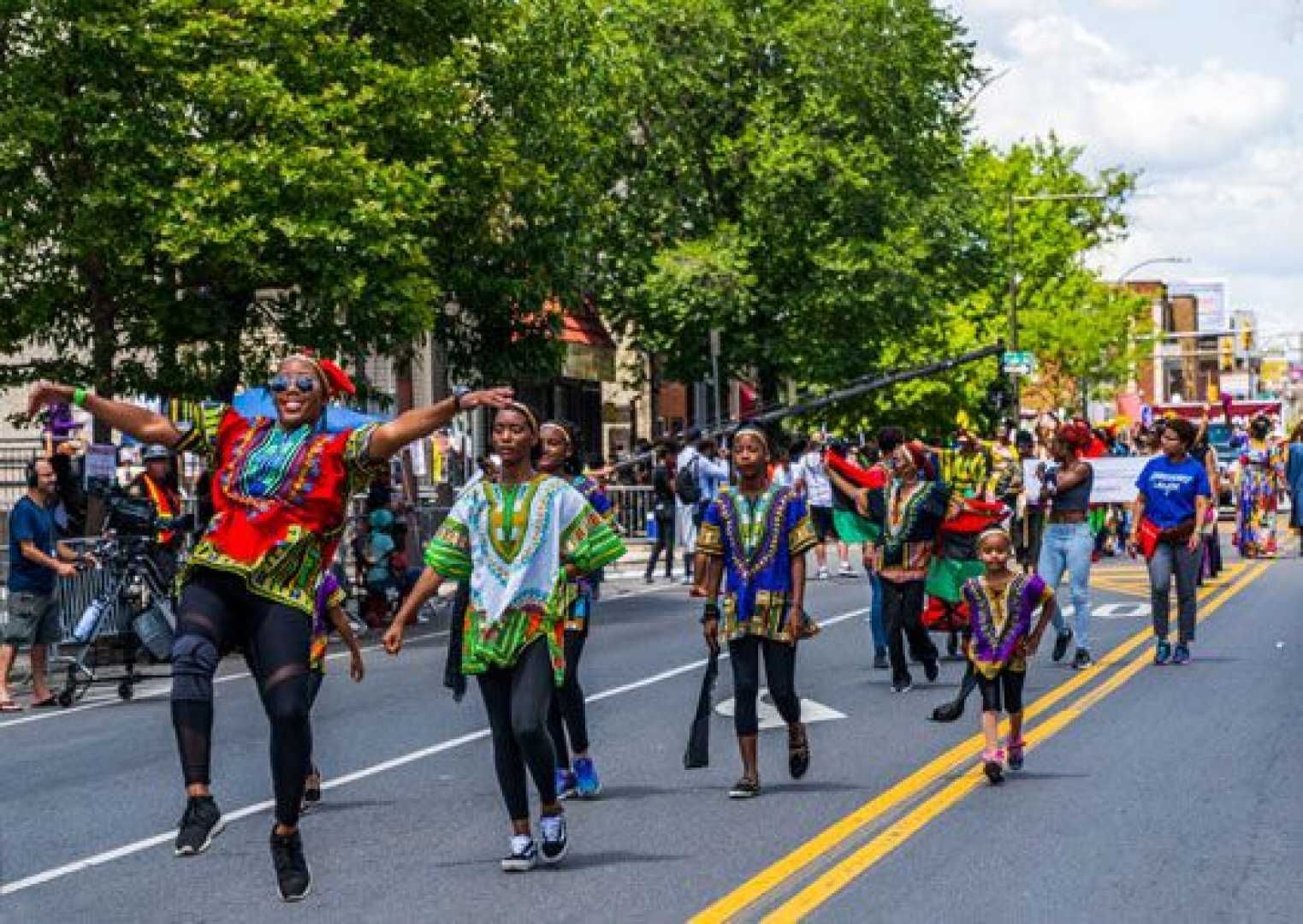News
Upcoming Juneteenth Celebrations Face Uncertainty Amid Political Landscape

City, State – As Juneteenth approaches on June 19, many communities are facing uncertainty around this important federal holiday. Juneteenth commemorates the emancipation of enslaved African Americans in the United States, specifically marking the date in 1865 when enslaved people in Galveston, Texas, finally learned of their freedom.
After receiving federal recognition in 2021, this year’s holiday will fall on a Thursday. However, several cities have canceled planned celebrations, citing various reasons that reflect the shifting political climate. Concerns have arisen among some organizers in light of recent federal efforts to limit diversity and inclusion programs.
Vanessa Countryman, a Trending Topics Reporter for the Deep South Connect Team, noted the cancellations, but emphasized there is no direct link to the previous administration of President Donald Trump. However, the political landscape remains a sensitive backdrop for discussions about the holiday.
Historically, Juneteenth has been a celebration of freedom, resilience, and the ongoing pursuit of equality. While the holiday’s significance is becoming more recognized, many still view it merely as a day off without understanding its deeper historical context.
For many African Americans, Juneteenth represents more than just a date; it symbolizes the struggle for freedom that took decades to fully materialize. On January 1, 1863, President Abraham Lincoln signed the Emancipation Proclamation, yet news did not reach all enslaved individuals until over two years later.
This year’s Federal observance of Juneteenth comes as organizers and the public reflect on its meaning. The day is rooted in a rich history and is observed in various ways across states and cities, with an increasing number recognizing its significance over the years.
As communities prepare for the fourth anniversary of Juneteenth as a national holiday, many organizations are inviting public perspectives about what the day means today. Engaging with the community could help deepen the appreciation of its historical importance amid ongoing dialogues about race and equality in the U.S.












